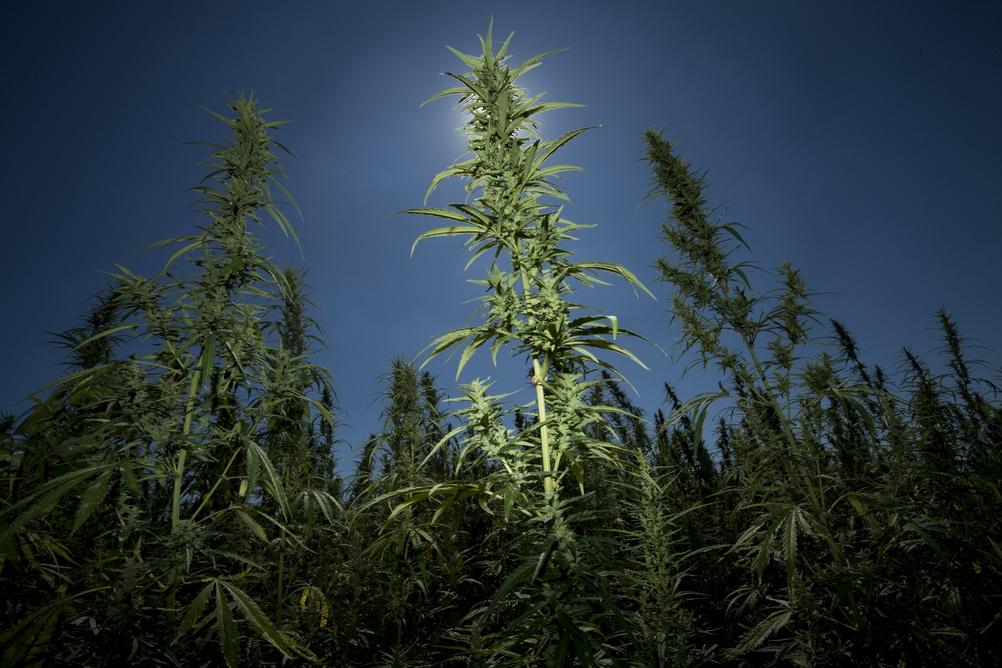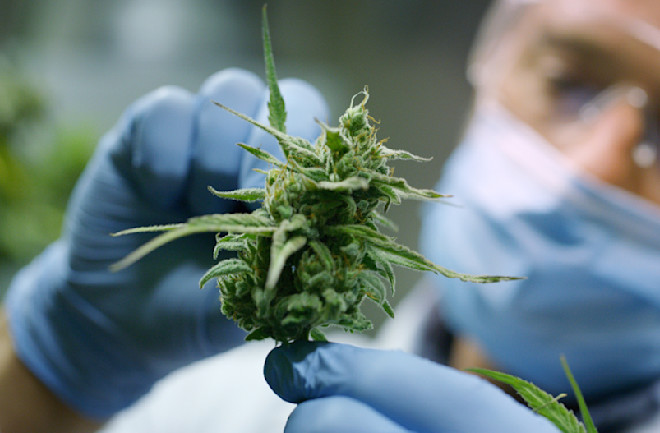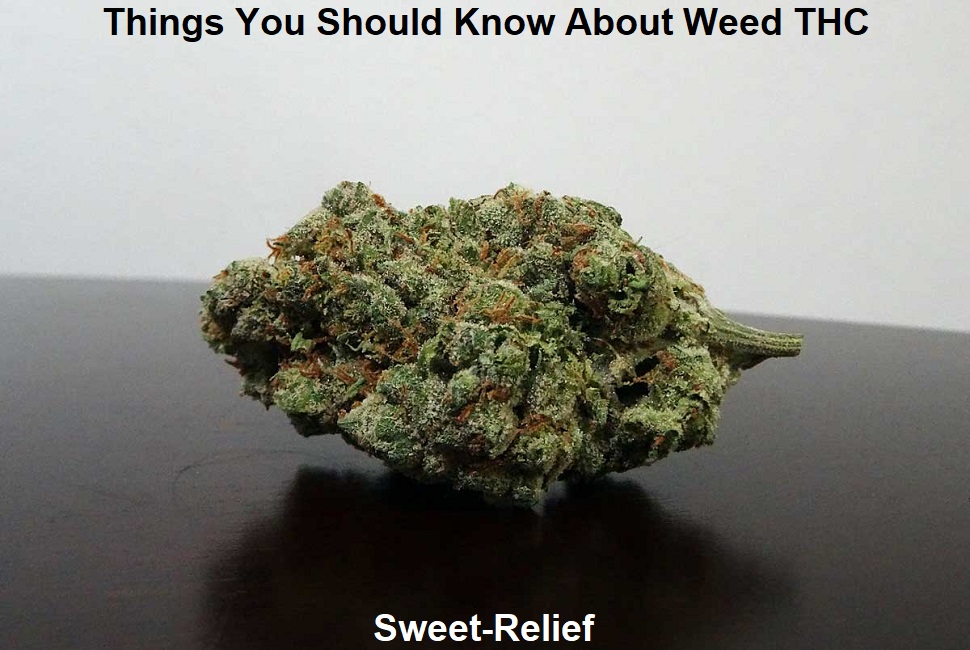The marijuana industry has exploded in recent years. Dispensaries have popped up all over the country, and THC weed is now available for purchase in a variety of different forms. Weed THC might be new to you, but it’s not something that should scare you away from trying it out. Weed THC has been used as medicine for centuries – people just didn’t know what was inside! You can find weed THC at dispensaries or even online nowadays. You don’t need to go through shady drug dealers anymore when you want some good quality pot!
What is THC?
THC, also called tetrahydrocannabinol, is the compound in cannabis that is psychoactive and gives you the feeling of being high. THC is what most people think of when they hear the word cannabis. THC gives you that feeling because it stimulates your brain’s cannabinoid receptors, which are found all over your body – including in places like your lungs and liver!
THC Weed: The Good Stuff
Weed THC can be purchased for a variety of different purposes: to help with pain relief, anxiety or depression; as an appetite inducer or sleep aid; or just something special to use recreationally. Medical marijuana has been legal in Canada since 2001 and weed THC is now more available than ever before. Although THC might not be new to everyone, don’t let this discourage you from trying it out. There have been lots of advances made in the medical community about how weed affects.
THC Uses
THC brags a variety of uses, both medicinal and recreational. Medicinal users of weed THC report a multitude of health benefits, including relief from chronic pain and nausea. Recreationally, many people use THC to help with everything from anxiety disorders to insomnia.
THC Weed: The Bad Stuff
The excitement over the legalization in Canada has led some people who are not familiar with how weed affects their bodies to go overboard on marijuana consumption. It is important for everyone – both recreational and medical consumers alike – to remember that just because you can buy it legally doesn’t mean you should smoke an entire joint at once or consume more than one edible per day.
THC Legality

Currently, THC (more broadly blanketed under cannabis) is legal medically in 29 states, while recreational marijuana is legal in 9 states and Washington D.C.
THC Weed Effects
If you’re wondering what thc weed is, THC (tetrahydrocannabinol) is the main psychoactive component in marijuana. It’s called a cannabinoid because it binds to the body’s natural endocannabinoid system and affects neurotransmitters across the entire brain. THC can cause paranoia or make one feel euphoric- – but more commonly, it has effects on mood as well as concentration levels, memory recall, sensory perception, motor skills, and coordination.
THC Benefits: Pain Relief & Anxiety Reduction
The benefits of weed are numerous — from pain relief for those with arthritis to anxiety reduction for many people living with severe mental health conditions like PTSD or schizophrenia.
CBD Muscle Pain Balm – Sunnyside Botanicals helps to treat pain and relax.
THC vs. CBD
Despite the two compounds having almost exact chemical makeups and being part of those that makeup cannabis, THC and CBD act rather differently.
THC is a psychoactive cannabinoid that can induce feelings of euphoria, anxiety, or paranoia. In comparison, CBD has no psychoactive properties and instead it interacts with the endocannabinoid system in such a way as to produce what is called “antianxiety” and “anti-inflammatory” effects.
The benefits of weed are numerous from pain relief for those with arthritis to anxiety reduction for many people living with severe mental health conditions like PTSD or schizophrenia. THC vs. CBD Despite the two compounds having almost exact chemical makeups and being part of those that make up cannabis, THC and CBD act rather differently. THC is a psychoactive cannabinoid that can induce feelings of euphoria, anxiety or paranoia.
Risks

The effects of marijuana make it a popular drug. In fact, it is considered one of the most commonly used illicit drugs in the world. But these effects also concern mental health advocates. THC can trigger a relapse in schizophrenic symptoms, according to NIDA.
Another possible risk of consuming THC comes in the form of impaired motor skills. Marijuana may impair driving or similar tasks for approximately three hours after consumption and it is the second-most common psychoactive substance found in drivers, after alcohol, reports the National Highway Traffic Safety Administration. People taking medical marijuana are instructed not to drive until it has been established that they can tolerate it and conduct motor tasks successfully.
It is important to consider the THC content of what you are smoking. The higher percentage, the more intense and long-lasting its effects will be on your body. It is possible for a person who smokes weed with high THC levels to end up feeling paranoid or anxious without realizing it has anything to do with their drug use.
The company Standard Process advocates using hemp oil products as an alternative treatment because they contain no traces of THC – something that may not be true about other CBD oils made from marijuana plants (although this claim has been debated by some experts). Hemp oil can also provide nutritional benefits in addition to providing relief from symptoms like chronic pain and anxiety.
The Highest THC Strains 2021
- Grease Monkey
- Pacman OG
- Lindsey OG
- 99 Problems
- Chocolate OG
- Blue Walker
Overdose
Edibles, foods containing THC, have become a large problem in states that have legalized pot because of overdosing.
– THC is a chemical found in cannabis that can create feelings of euphoria and relaxation.
– Some people may experience paranoia or anxiety from smoking weed with high levels of THC, but they might not realize it’s the drug causing these effects.
It’s possible for someone who smokes weed to feel paranoid or anxious without realizing it has anything to do with their drug use because weed stays on your body for days after ingestion (in saliva, hair follicles, sweat glands) and many tests don’t show recent marijuana usage accurately due to low sensitivity/specificity cutoff values set by federal entities like SAMHSA and FDA.
